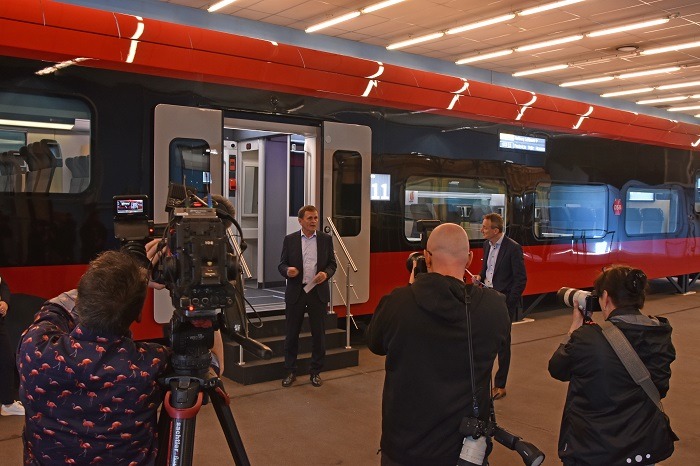Late last week, national rail operator DSB unveiled the future underpinning of Danish public transport … the IC5 train.
Expected to make its debut in 2027, the electric IC5s are set to replace the scandal-ridden IC4s and old IC3s – diesel trains that have seen over three decades of service.
The first of 100 sets of IC5s are due to be delivered by French producer Alstom to DSB in 2025, while the entire shipment will be completed by 2029.
The 20 billion kroner deal will see diesel trains eventually completely phased out.
“We’ve reached an important milestone with Alstom. In a few years, the IC5s will be the backbone of climate-friendly, comfortable and efficient train transportation in Denmark,” said DSB head, Flemming Jensen.
“With the form and design of the trains finally approved, production of the IC5 trains can begin in earnest.”
READ ALSO: Copenhagen eyeing new Metro lines
Big infrastructure challenges
But until then, much remains to be done and much depends on the rail grid being fully electrified by the time the trains are due to come into service.
That will require immense investment into infrastructure, including remaking bridges and digging down rails to make room for catenary lines.
When ready, the IC5 will be able to travel at 200km/h on certain stretches and shave 30 minutes from the current 2 hours and 45 minutes it takes to travel from Copenhagen to Aarhus.
Click here to check out the entire map of the rail grid that is being electrified ahead of the arrival of the IC5s.















